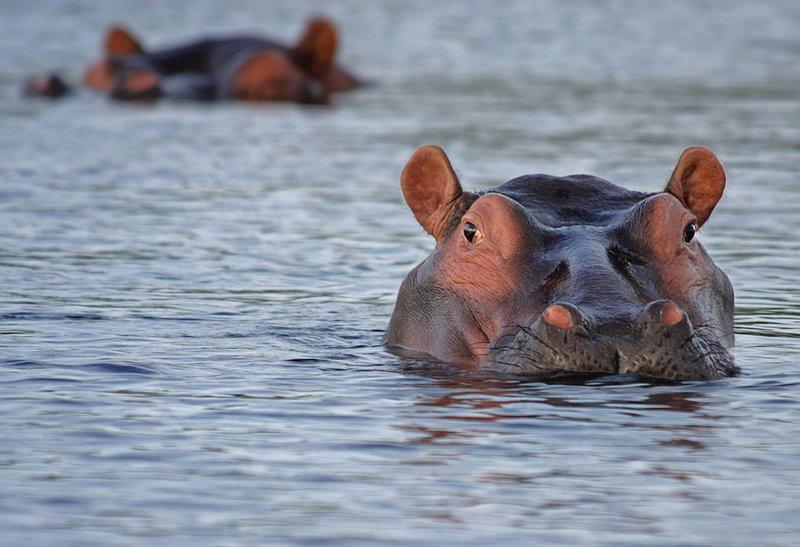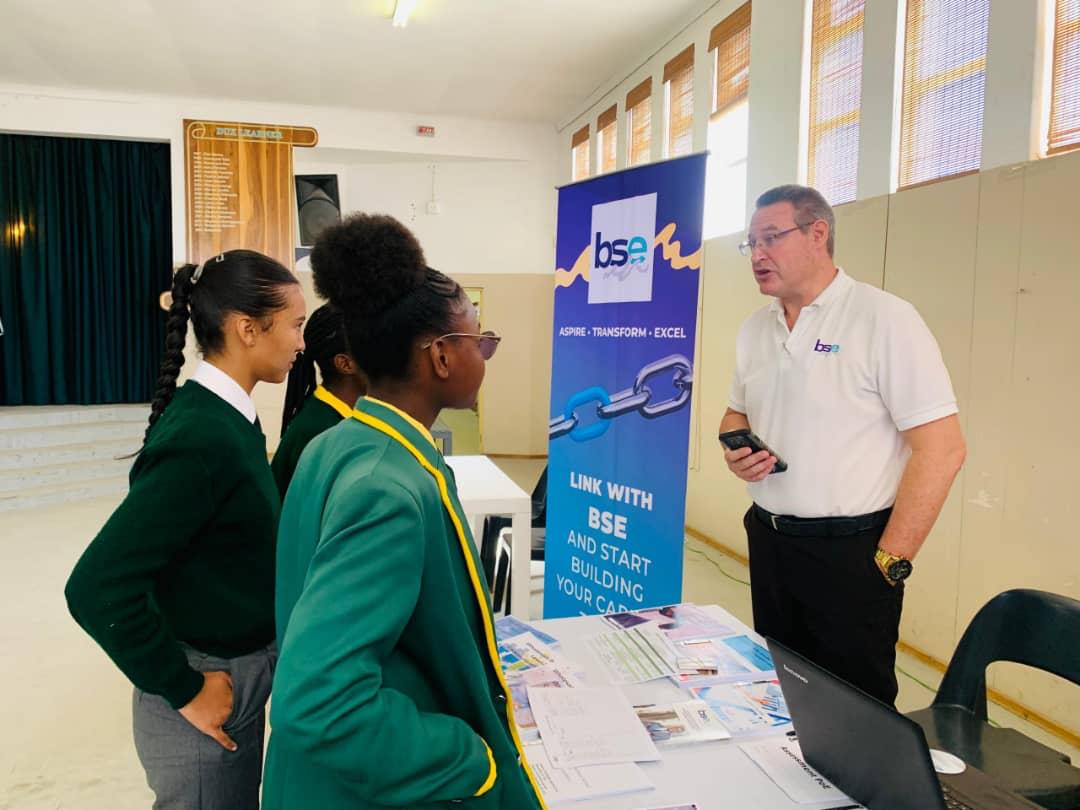NAMIBIA will not be punished for refusing to join Botswana, Lesotho and Swaziland in signing the interim economic partnership agreement (EPA) with the European Union (EU) in Belgium on Thursday.
Lutz Güllner, spokesperson for EU Trade Commissioner Catherine Ashton, told The Namibian from Brussels that the markets of the 27-nation bloc will remain quota- and tariff-free to local beef, grapes and fish.In a press release confirming Botswana, Lesotho and Swaziland’s commitment, the EU also stated: ‘Three other countries in the region, South Africa, Namibia and Angola, opted not to sign at this juncture. This agreement will now have to be notified to the World Trade Organisation (WTO).’Asked whether this means that Namibia’s market access is in jeopardy, Güllner said no.’It simply means that any interim (or full) EPA would need to be notified to the WTO, as this is the formal way to do it. There is no reason to speculate what else this would entail,’ he said.Güllner said that the interim agreement signed by the three countries in the SADC-EPA configuration ‘remains open to Namibia’.’We hope that Namibia will sign in the near future,’ he said.Technically, Namibia’s access to the lucrative EU markets would have ceased when the Cotonou Agreement lapsed at the end of 2007, unless it entered into an EPA with the EU. Various concerns stopped Namibia from signing, and after intense negotiations the country decided to only provisionally initial the interim EPA. In turn, the EU allowed Namibian beef, table grapes and fish quota- and tariff-free access to their markets.Without this, Namibia would have had to pay taxes to the tune of 45 million euros, nearly N$500 million. Such high tariffs, plus the fact that Namibia would then have to compete with its major competitors who are all advanced economies, would probably have forced Namibia to stop all exports to the EU.Lately though, as pressure is mounting to conclude the interim EPA this year, the EU has been claiming that they need to make their preferential tariff provisions with Namibia and other African-Caribbean-Pacific (ACP) countries compliant with WTO regulations or face a legal challenge from the trade giant. A signed interim EPA would get the EU off the hook.However, Namibia, although willing to sign, is fighting tooth and nail to get the EU to put negotiated changes to the existing text of the interim EPA in writing. These concern food security, protection of infant industries, export taxes and the free flow of goods.Major stumbling blocks regarding regional integration, the Southern African Customs Union (Sacu) and South-South trade are also preventing Namibia to sign. Their worries are shared by South Africa and Angola, also part of the SADC-EPA group, as well as other ACP countries, who have all refused to sign.’There is much to be done on the ACP regional fronts, but just the same, there was commitment to continue with the negotiation process,’ William Haomae, Co-President of the ACP-EC Council of Ministers, said after the 34th meeting last Friday.Hoamae said two issues were debated extensively, namely the need for greater flexibility in negotiations and the assurance that no country will be worse off at the end of the process.’On both points, I was pleased that some EU countries, as well as Commissioner Ashton expressed words of accommodation to these pleas,’ he said.Namibian Trade and Industry Minister Hage Geingob last week said Namibia will sign the EPA, provided their demands are met and the EU starts treating them as equal partners.Meanwhile, the EU confirmed that Mozambique, the remaining partner in the seven-member SADC-EPA group, has ‘signalled its intention to sign this agreement in the near future’, since the trade minister of Mozambique was unable to be in Brussels on Thursday.jo-mare@namibian.com.na
Stay informed with The Namibian – your source for credible journalism. Get in-depth reporting and opinions for
only N$85 a month. Invest in journalism, invest in democracy –
Subscribe Now!










